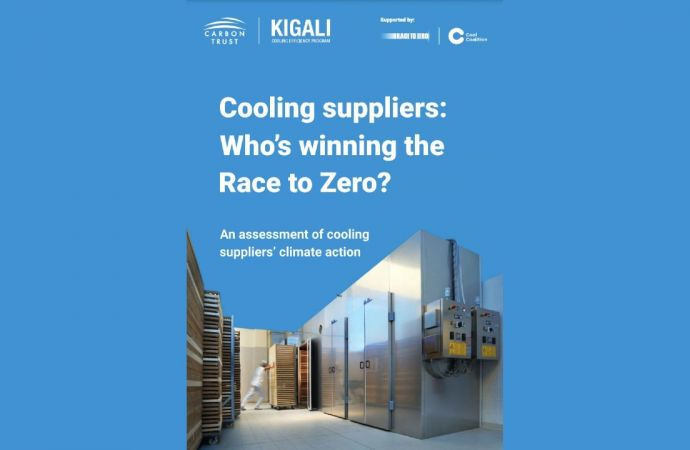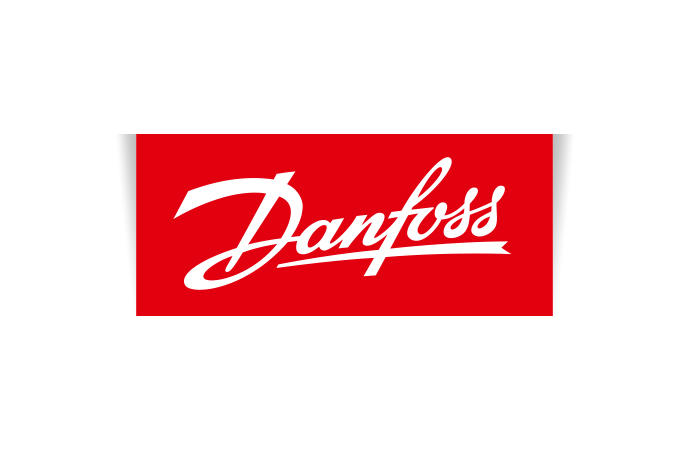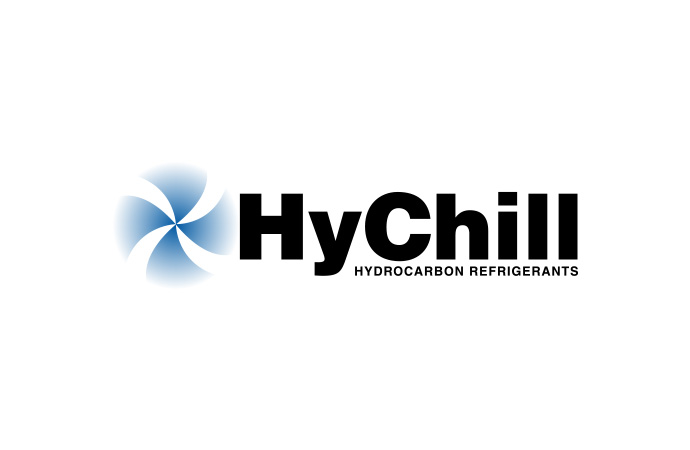The city of Shenzhen is a pioneer in promoting the commercial application of hydrocarbon refrigerants as HCFC replacement in air conditioning. Market demand for hydrocarbon refrigerants is thus growing fast in one of Southern China's major cities.

Several Chinese media sources reported in early March 2012 that the city of Shenzhen in South China has been identified by the United Nations Environment Programme (UNEP) and the Ministry of Environmental Protection of China (MEP) as the first pilot city in China to promote environmental friendly air-conditioners using hydrocarbon refrigerants.
Shenzhen initiates "open up" policy to hydrocarbons
Some industrial stakeholders in China regard this as an official signal towards lifting the existing "essential" ban on hydrocarbons, a move that could eventually lead to rapid market expansion of hydrocarbons.
Shenzhen initiates HC training for AC technicians
Shenzhen has been regarded as a test bed for economic reform in China in the past 30 years. Shenzhen is also a leader in implementing China’s national HCFC phase-out plan.
In 2011, Shenzhen Environment Protection Bureau initiated China's first training programme on hydrocarbon technologies and R22 replacement for air conditioning technicians. The aim of the programme is to establish the correct awareness regarding hydrocarbon refrigerants and address concerns over safety.
Hydrocarbons implemented in hotels as energy saving measure
With electricity being a scarce resource in China, big electricity consumers such as air conditioning and energy saving measures are getting increased attention.
For example, some hotels in Shenzhen are beginning to use hydrocarbon air conditioners and refrigeration systems. According to figures reported by a refrigerant supplier, hotels using hydrocarbon refrigerants to replace R22 in their air conditioning systems are realising signigicant energy savings:
- 6 hotels reported 20% electricity consumption savings,
- 11 hotels reported 25% electricity consumption savings and
- 7 hotels reduced their annual energy consumption by 30%
Businesses including hotels and restaurants, but also schools and large-scale public buildings are considering a shift to hydrocarbon based air conditioning systems to save energy, according to the same hydrocarbon refrigerant supplier. The uptake of hydrocarbons is therefore expected to increase in the near future.
Hydrocarbon refrigeration technology was also adopted in the stadium used for the 2010 Asian Games that were held in Guangdong Province, the same province where the city of Shenzhen is located.
Hydrocarbons could propel the whole industrial chain
After lifting the "essential" ban on hydrocarbons, market demand for hydrocarbon refrigerants, air conditioning and refrigeration equipment and their parts are expected to increase. The entire industrial chain could thus benefit from a wider application of hydrocarbons. The use of hydrocarbon refrigerants could also enable Chinese manufacturers to break the green trade barriers in their exports, bringing them renewed hope and business opportunities.
MORE INFORMATION
Related stories







